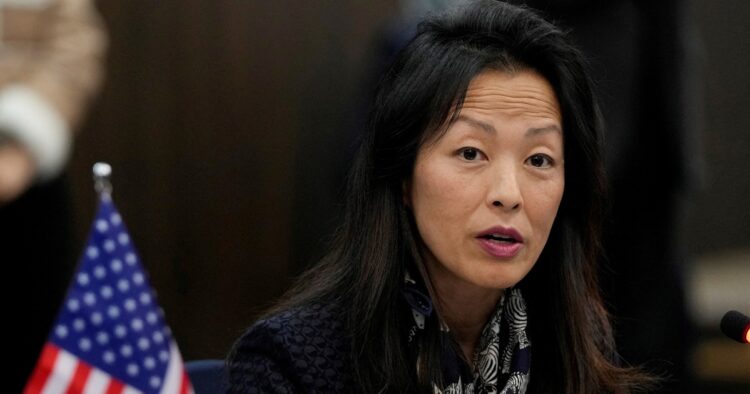Recently in discussions between senior officials from the United States and China, the focus turned to North Korea and the alarming practice of forcibly repatriating North Koreans from China.
The talks in Tokyo involved Jung Pak, the senior US official for North Korea, and Liu Xiaoming, China’s Special Representative on Korean Peninsula Affairs. The US State Department emphasized concerns regarding the forcible return of North Koreans to their home nation.
During the dialogue, Pak raised apprehensions about North Korea’s aggressive rhetoric towards neighboring countries and its deepening military collaboration with Russia. She pointed out that Russia’s veto of extending the mandate for a UN panel monitoring North Korea sanctions would impede efforts to enforce UN Security Council resolutions.
Of particular concern to Pak was the principle of non-refoulement, which ensures that individuals are not sent back to a country where they could face severe mistreatment.
Reports from a South Korea-based human rights group suggested that hundreds of North Koreans had disappeared after being forcibly deported from China, potentially subjecting them to imprisonment, torture, and even execution in North Korea.
The dialogue follows a visit to Beijing by US Secretary of State Antony Blinken last month, indicating ongoing efforts by the US to engage with China on North Korea-related issues.
Pak emphasized the need for Beijing to uphold its obligations regarding non-refoulement, urging China to prevent the forced repatriation of North Koreans, including asylum seekers.
This discussion is part of broader efforts to address the challenges posed by North Korea’s actions. Pak also engaged with counterparts from South Korea and Japan during her visit to Tokyo, stressing the importance of trilateral cooperation in addressing the threat posed by North Korea.
The US continues to underscore the significance of maintaining communication and cooperation with regional partners to address shared concerns regarding North Korea.

















Comments